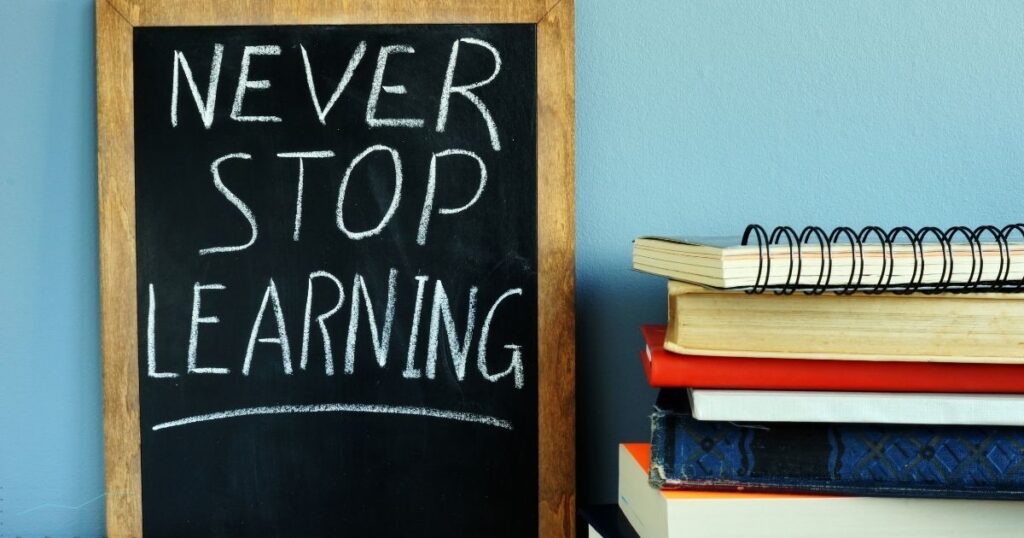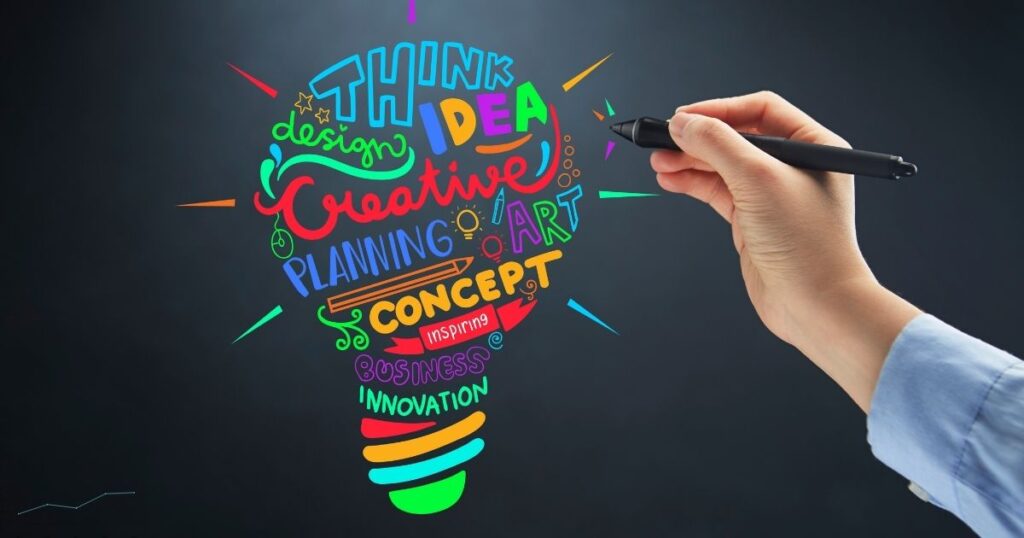
Future Proof Your Learning Habits
Reflecting on my journey of continuous learning, I’ve come to realize that what worked yesterday might not be enough tomorrow. We live in a world where new technologies, industries, and job roles emerge at an astonishing rate.
This reality hit home during a project where I had to quickly adapt to new software tools. It wasn’t just about learning a new interface; it was about rethinking how these tools could enhance my strategic learning approach and keep me ahead in my field.
You can future-proof your learning habits and ensure that they remain robust and adaptable in a world that never stops changing. This means developing learning strategies that not only serve you today but also evolve with you as new learning demands arise.
Many professionals develop learning habits that are effective in the short term without considering long-term sustainability. They become comfortable with certain resources or methods and fail to adapt to new trends until it’s too late. This static approach can lead to skills becoming obsolete, and opportunities missed.
Strategic learning is not a one-time setup.
It’s a dynamic process that needs regular updates and adjustments. Future-proofing your learning habits means embedding flexibility and foresight into your approach, preparing you not just for what’s next, but for the many possibilities that lie beyond.
Move from a fixed learning regimen to a more fluid strategy. This involves staying informed about emerging trends, regularly reassessing and updating your learning goals, and being willing to adopt new learning tools and techniques as needed.
Begin by conducting a quarterly review of your learning strategies.
Are the resources you use still relevant? Are there new methods or tools that could enhance your learning efficiency?
Experiment with different formats—perhaps incorporate more digital tools, try virtual reality for immersive learning experiences, or join online communities in your field.
Always ask yourself: Is my current learning strategy preparing me for the future of my industry?
Adjust as needed to ensure your learning remains as strategic and future-focused as possible.
What else can we do to future-proof our learning? Share your thoughts.




Lifelong learning is crucial. We often hear that we should improve by at least 1% every day. If the math adds up, by year’s end, we’d see significant growth. But what exactly is this 1%? It’s hard to pin down. Is it gaining knowledge? Unfortunately, we tend to forget things after a few days. Maybe it’s enhancing a skill? However, skills, like muscles, weaken without practice.
From the start, I’ve aimed to be strategic about learning. I set clear goals for what I want to achieve each year and in five years. This clarity helps me focus my efforts on specific areas of improvement rather than trying to improve everything at once.
Moreover, I plan to amplify my achievements tenfold. I believe in leveraging my assets to accelerate my growth. By focusing on what I can control and using my resources wisely, I aim to achieve far more than typical incremental improvements.
This approach requires a precise strategy and a deep understanding of my strengths and weaknesses. By evaluating my progress regularly, I can adjust my tactics to ensure I’m always moving forward effectively.
Ultimately, my commitment to strategic learning is about maximizing my potential. It’s not just about becoming slightly better each day; it’s about making substantial leaps toward my long-term visions. By continually learning and adapting, I aim to achieve extraordinary results.